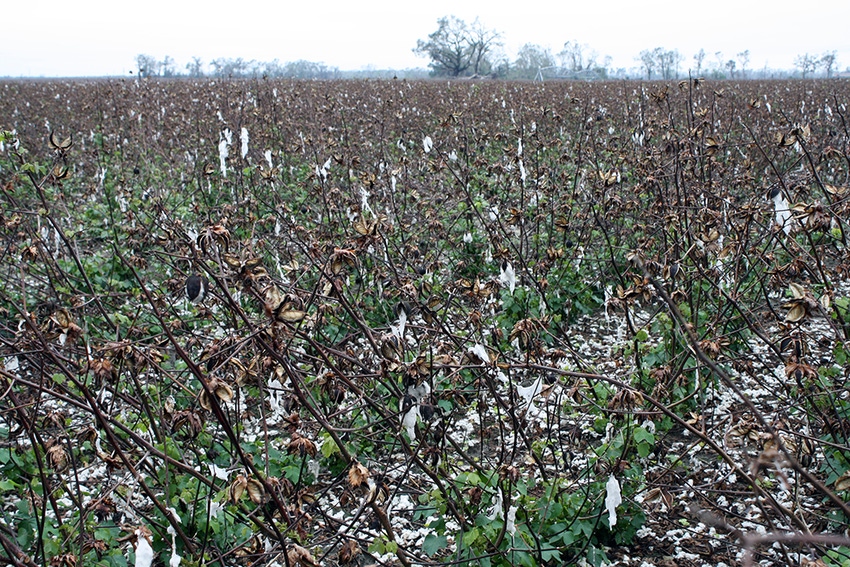
In an April 19 letter addressed to Congressional leaders and President Donald Trump, 135 heavy-swinging farmer organizations representing a broad swath of the national ag landscape, along with ag-based lending institutions, urged Washington “to put aside political differences and supply urgently needed relief in the wake of weather-related disasters in 2018 and 2019.”
The letter was the latest organized salvo fired by agricultural groups into Washington, pleading for federal disaster relief. There have been several such efforts over the last half year, from grassroots efforts, to regional and other nationally backed drives, such as the April 19 letter.
U.S. representatives and senators from states impacted by natural disasters, most notably those from Southeast states affected by hurricanes in 2018, began immediately after the disasters to champion the need for funding relief sooner-rather-than-later and to quickly get money and liquidity into the hands of rural communities and farmers financially doubled over from natural blows, in some regions, the likes of which never felt before. These leaders, in their way, have tried to keep the drive for assistance between the winding political ditches. As of now, they haven’t busted through a trail of relief. The holdup continues.
Specifically, six months after Hurricane Michael, the song remains the same: No federal disaster relief funding has been enacted.
We do have a good new farm bill, and that shouldn’t be forgotten, but a farm bill doesn’t provide the avenues needed to pave the way for any substantive disaster recovery on the scale still needed. Farmers of all makes and models lost yield, entire crops or much more. Most of them are not farmers who can independently finance their operations, and they have had to huddle with their respective bankers to jam out creative approaches to keep the song going for 2019 without federal harmony to sustain what is at best an increasingly sour melody as time beats on.
What can you do on this particular political stalemate? Bless the cause while cursing the results? Praise the efforts while condemning the process?
Political wrangling and theater is the process, but it has not yet worked to drive federal disaster legislation, either by courtesy or brute force, through the political roadblocks.
Legislators in Washington and their staff working to push through federal disaster assistance, yes, should be commended for the effort through difficult times. The federal legislative process is not any easy process. It was not set up to be a cakewalk, but in a scarred and scared political environment, the process gets muddier. Nobody stays clean.
Hopefully, the April 19 letter will kindle some political influence into results, into assistance finding its way out of Washington and into the hands of growers who are doing their best to get on with it.
During a break at a meeting earlier this year in Georgia with a small group of growers where the topic of finances and disaster relief was being tossed around off-handedly between sips of coffee, one grower quipped that he and his lender have been in a three-legged race for several years, bound together trying to stay in sync as they hobble to some unseen finish line. That race continues now under much worse field conditions.
Good luck. Take care, and thanks for reading.
The full April 19 letter can be read at American Farm Bureau or the Georgia Peanut Commission sites.
About the Author(s)
You May Also Like






